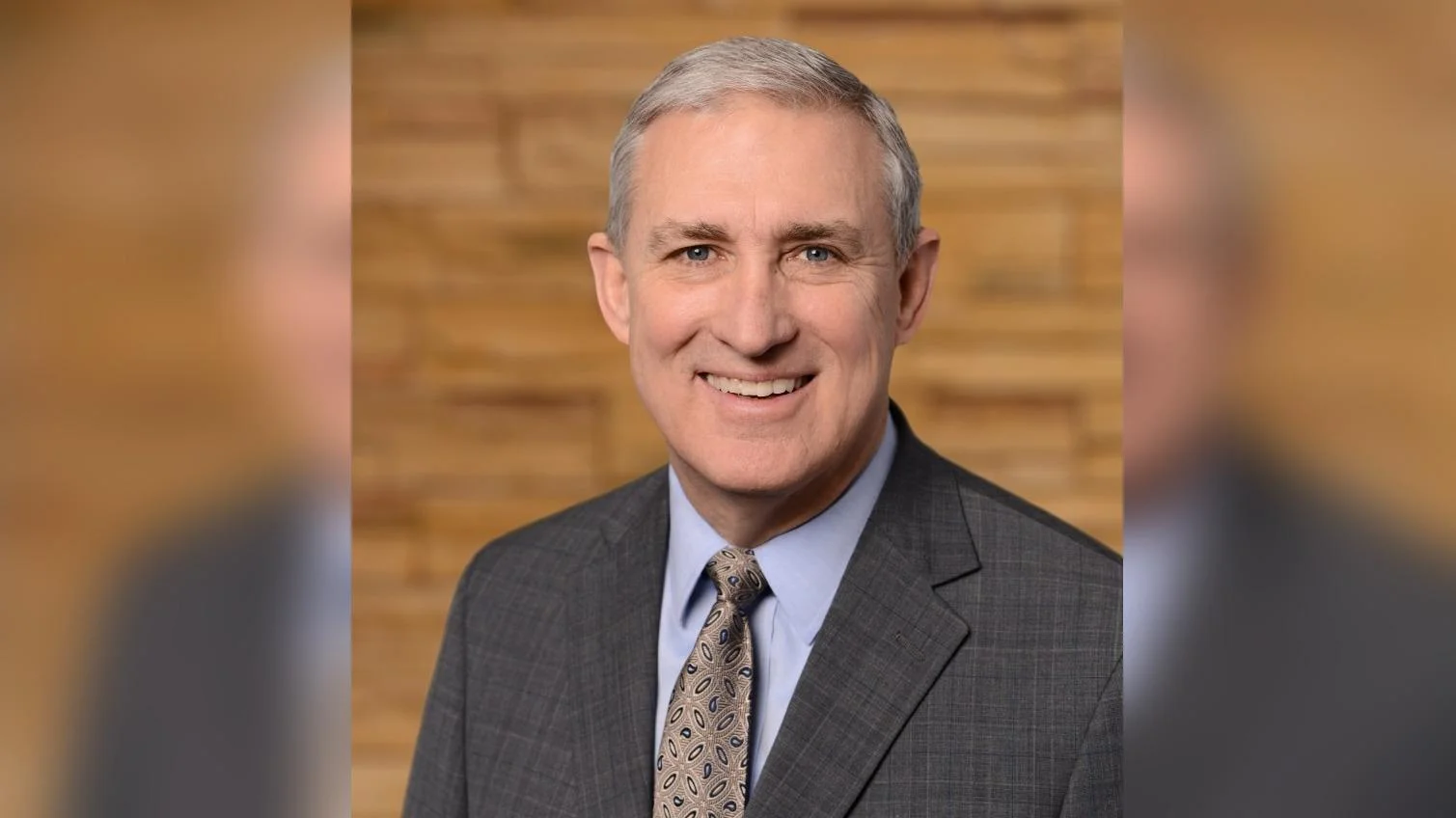OhioHealth Riverside Methodist Hospital has become the first hospital in the United States to perform a commercial procedure using the newly approved CG Guard Prime Carotid Stent System by InspireMD. The procedure was led by Dr. Chris Metzger, an interventional cardiologist who served as both primary investigator and lead author of the clinical trial for the device.
“It’s a unique honor to be selected to be a primary investigator for a major trial like this,” said Dr. Metzger.
The stent system underwent research involving over 300 patients at about 25 institutions in the United States and Europe. After completing peer-reviewed studies, the data was submitted for approval from both the U.S. Food and Drug Administration (FDA) and Centers for Medicare & Medicaid Services (CMS).
The clinical trial began in July 2021 and concluded in June 2023 with enrollment of 316 high-risk patients. Results were presented at key conferences, including Vascular Interventional Advances (VIVA) in Las Vegas and Leipzig Interventional Course (LINC) in Europe, where its low rates of stroke, death, and myocardial infarction were highlighted.
“Fast forward to when the trial got completed, it was the best data every seen in a carotid intervention trial,” said Dr. Metzger. “It demonstrated the lowest stroke, death, and myocardial infarction rates within 30 days of the procedure and strokes on the treated side ever demonstrated in a carotid trial.”
On July 8, 2025, OhioHealth’s Riverside Methodist performed its first commercial use of this stent system with representatives from InspireMD present. Dr. Metzger was joined by Dr. Justin Morrison for this milestone event.
“The hospital was chosen for its outstanding reputation, well-known for performing live-case transmissions, clinical research, cutting-edge technologies, and the proven expertise of its world-class heart and vascular team,” Dr. Morrison said.
The CG Guard Prime Carotid Stent System is designed with an open-cell structure covered by a micro net or mesh that acts as a barrier against plaque traveling to the brain—a main cause of stroke during or after carotid procedures.
“What this stent did was took what’s called an open-cell design, in other words the cells are not as rigorously connected so that makes it more flexible, but they added on to the outside of that deliverable open-cell stent what’s called a micro net,” Dr. Metzger said.
Dr. Morrison added: “Not only during the procedure itself, but after the procedure there’s a small amount of plaque that can get through the openings of stents and then to the brain, but this stent does away with that... Both during after the stent procedure, it gives protection against any of the plaque getting inside the artery and then up to the brain.”
Carotid artery disease results from buildup similar to coronary or peripheral arteries; blockages can quickly lead to strokes without warning.
“If someone has a significant blockage in their artery, that leads to a chance of an unpredictable stroke that happens quickly without warning,” Dr. Morrison said.
About one-quarter of study participants had symptoms such as recent strokes or mini-strokes before joining; all were considered high-risk for surgery but eligible for treatment with this new technology.
“This product gives us the option to offer some of the lowest stroke rate results during and after the procedure, so it’s the newest technology that is coming to the patients served by OhioHealth to give them cutting-edge and proven technology and even more high-quality care,” Dr. Metzger said.
Common symptoms include sudden weakness on one side of body parts, expressive aphasia (difficulty producing speech), amaurosis fugax (temporary loss of vision), or mouth drooping—signs typically associated with risk factors like diabetes or high cholesterol according to hospital staff.
“These symptoms, and a carotid artery could happen to anyone, any age,” said Dr. Morrison. “However, it is typically seen in patients who have the same risk factors as heart disease including diabetics, smokers, people with family history of heart disease, high cholesterol, hypertension, and age.”
Reflecting on Riverside Methodist's selection as site for national launch:
“I think the significance is that a company with strong clinical results, and great confidence in their product specifically chose Riverside Methodist and our team to be first in U.S.” said Dr. Metzger. “This speaks volumes about reputation and capability of our hospital and our people.”
Dr. Metzger credited multidisciplinary teamwork for ensuring successful approval and deployment.

